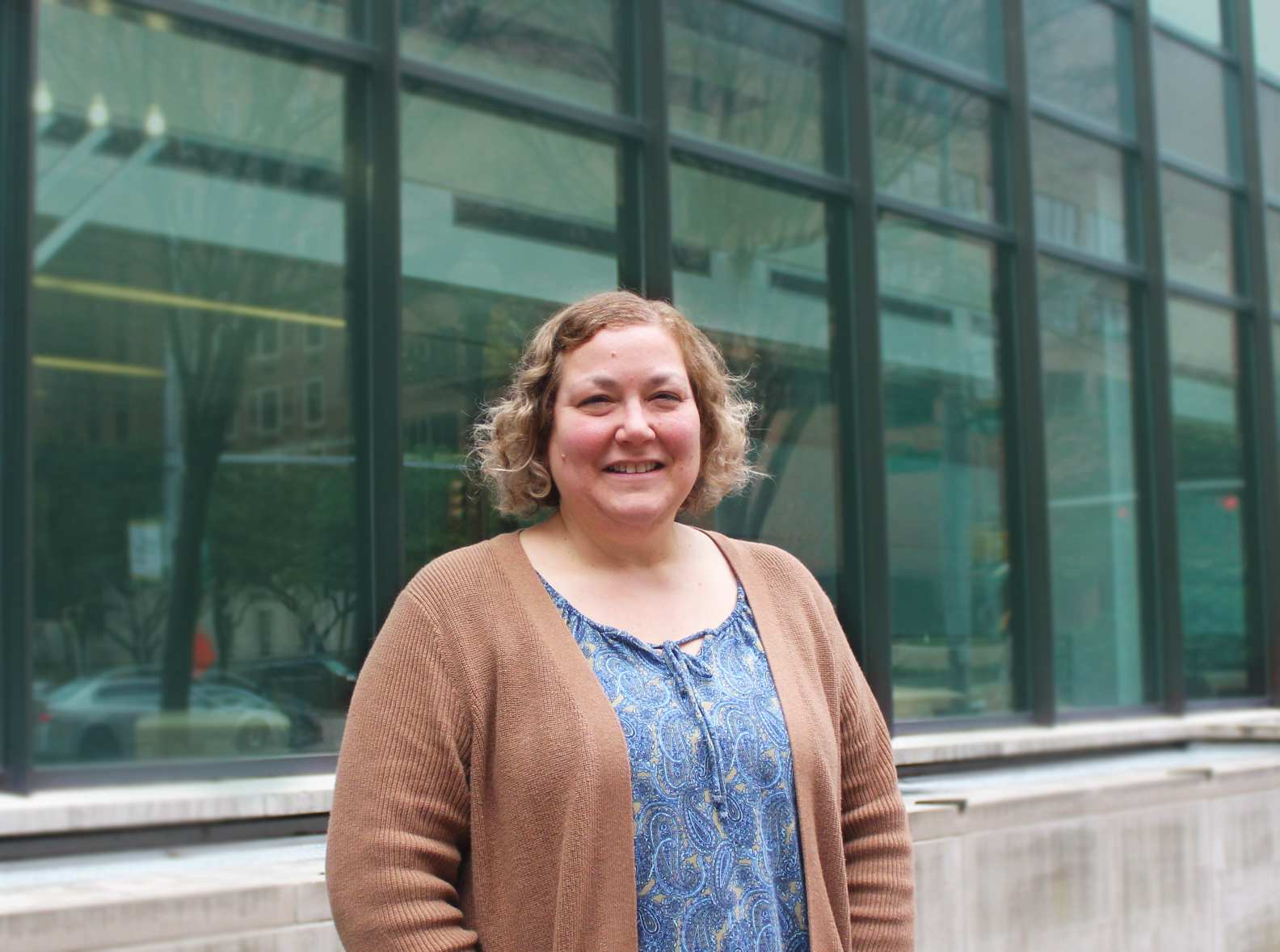 Casey Weaver, M.D.Written by Christina Crowe
Casey Weaver, M.D.Written by Christina Crowe
Casey Weaver, M.D., Wyatt and Susan Haskell Endowed Chair for Medical Excellence and Professor in the Division of Anatomic Pathology, was recently awarded a MERIT grant from the National Institute of Allergy and Infectious Diseases, as a continuation of an R01 award, “Coordination of Innate and Adaptive Immunity in Intestinal Barrier Defense.”
The Method to Extend Research in Time (MERIT) award is a rarely distributed funding mechanism whereby the recipients do not apply for the funding; rather, the agency (in this case NIAID) distributes them to give investigators, “with stellar records of research accomplishments,” a five-year award without undergoing another review. The new MERIT award will provide $2.84 million over five years, through spring of 2032, and converts the original R01 to an R37. According to their website, the agency awards just around a dozen MERIT awards annually, making this a rare distinction.
“This award recognizes recent advances that have been principally driven by Carlene Zindl, Ph.D., an outstanding scientist in the group. You can only hold one of these awards at a time, and since you’re talking about a grant that runs 10 years, it’s unusual to get one,” Weaver says. “We are thrilled.”
The award follows on the R01 funded in early 2022 by NIAID. In March 2022 Weaver and Zindl, along with Robin Hatton, Ph.D., Associate Professor, Anatomic Pathology, published a paper in the journal Immunity on research they conducted from the original funding, titled, “A nonredundant role for T cell-derived interleukin 22 in antibacterial defense of colonic crypts.” In it, they show how two types of immune cells—one a part of the innate immune system and the other part of the adaptive immune system—play distinct and indispensable roles to defend the gut wall barrier against dangerous bacteria such as E. coli.
“One major goal was to tease out the protective role of IL-22–producing T-cells in response to pathogenic bacteria in the intestines,” Zindl says. “Citrobacter rodentium infection has proven to be an excellent model to study the interplay between immune cells and epithelial cells in the intestine.”
UAB News covered the publication in a story in April.
The research team developed a transgenic mouse model that was used to report or delete interleukin-22, or IL-22, a cytokine produced by immune cells, whose main targets are epithelial cells. They defined that IL-22 produced by innate and adaptive immune cells are localized in different regions of the colon, and new data show that epithelial cell responses in different regions of the colon are, “quite distinct,” Zindl says. The Immunity study provided the foundation for new research proposed in the MERIT award.
“There is regional diversity in the types of epithelial cells in the colon, and this bacterium specifically attaches to and exploits only those cells in the distal colon. Epithelial cells in different regions of the colon respond uniquely to different pathogens, and we’re trying to understand why these regional differences exist, and how this affects the host's ability to respond to infection in the intestines.”
Additional UAB Pathology researchers involved in the work include: Yoshiko Nagaoka-Kamata, DVM, Ph.D., Staff Scientist; Stacey Harbour, Ph.D., Staff Scientist; Min Gao, Ph.D., Assistant Professor, Department of Medicine and Associate Scientist, UAB Informatics Institute; and Garrett Wilson, an M.D.-Ph.D. student in the UAB Medical Scientist Training Program at UAB.